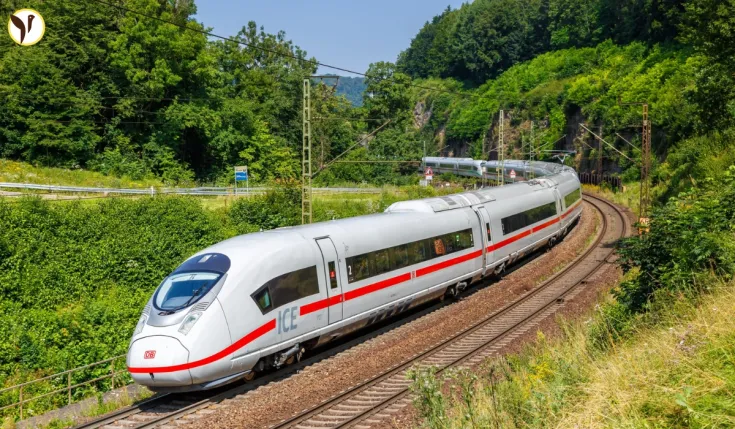Patrick Schnieder: Germany's New Transport Minister
Germany's political landscape shifted dramatically on April 28th, 2025, with the appointment of Friedrich Merz as Chancellor and a new cabinet taking office. Among the key figures is Patrick Schnieder, the newly appointed Federal Minister of Transport. This appointment is significant, considering the monumental task ahead: overseeing a €500 billion infrastructure overhaul.
A €500 Billion Investment in Germany's Future
Schnieder's role is central to Germany's ambitious plan to modernize its aging infrastructure. This €500 billion investment will focus on upgrading bridges, rail networks, and other vital transport systems. The success of this project is crucial for boosting Germany's economic competitiveness and improving the quality of life for German citizens. It requires not just financial prowess, but also strong leadership and detailed understanding of logistical complexities. While details about Schnieder's background are still emerging, his appointment underscores the importance Chancellor Merz places on transportation expertise.
Schnieder's Background and Challenges
Information on Schnieder's previous experience remains limited at this time, adding an element of intrigue to this crucial role. However, the scale of the infrastructure project demands a leader with deep knowledge of the sector and exceptional project management skills. The coming weeks will likely shed more light on his qualifications and plans for the significant task ahead. Success will hinge on efficient fund allocation, timely project completion, and sustainable improvements to Germany’s transport networks. Navigating this massive undertaking is a considerable challenge that requires deft political maneuvering and the ability to collaborate effectively with stakeholders.
Part of a Broader Cabinet Reshuffle
Schnieder's appointment is part of a larger cabinet reshuffle under Chancellor Merz, reflecting a commitment to a balanced and competent team. Other notable appointments include Karsten Wildberger as the first Digital Minister, tasked with modernizing Germany's digital infrastructure and achieving technological sovereignty, and significant changes in the Ministries of Health and Economic Affairs. The overall composition of the cabinet suggests a focus on both experienced politicians and fresh perspectives to address the diverse challenges facing Germany.
Looking Ahead: High Stakes for Germany's Future
The success of Schnieder's tenure will be closely scrutinized. The €500 billion infrastructure project represents a high-stakes gamble for Germany’s future. His ability to efficiently manage this immense undertaking and deliver tangible improvements to Germany's transportation system will be a critical factor in determining the success of the Merz government.






